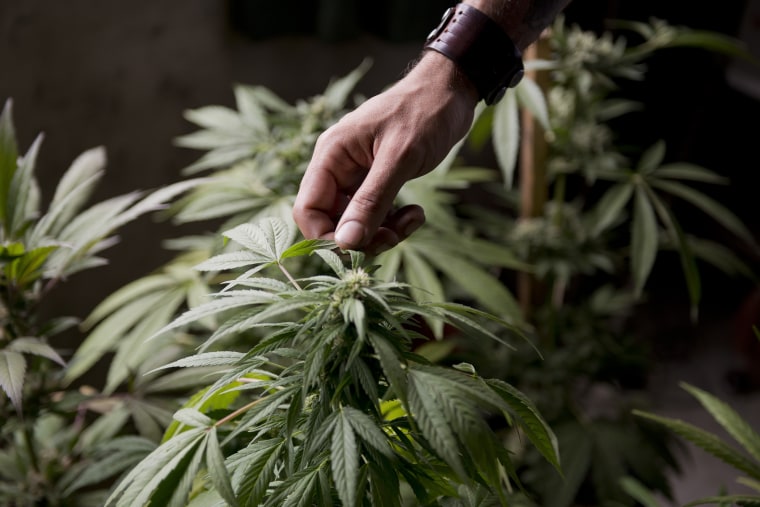Uruguay is poised to become the first country to fully legalize the production, sale, and use of marijuana after a Tuesday key vote in the national Chamber of Senators.
Following a signature from President José Mujica – who openly supports the bill - and a 120-day implementation period, Uruguayans over the age of 18 who have registered on a government database will be able to buy 40 grams (1.4 ounces) of marijuana per month from licensed pharmacies. Residents of Uruguay – a South American nation of 3.3 million - will also be allowed to grow up to six marijuana plants per year and join growing co-operatives with up to 45 members who will be allowed to grow up to 99 plants annually.
The liberalizing initiative originated from President Mujica’s “Broad Front” left-wing coalition government and passed its first hurdle this July by way of a tight 50-46 vote in Uruguay’s lower Chamber of Representatives after 12 hours of debate. Mujica’s shepherding of the controversial measure reflects his push to thwart his country’s drug trafficking issues. Speaking on the bill, Mujica asked his fellow citizens to “save succeeding generations from this scourge” and told the press, "if we legalize it, we think that we will spoil the market (for drug traffickers) because we are going to sell it for cheaper than it is sold on the black market.”
The Uruguayan government managed to pass the legislation despite 58% of Uruguayans opposing marijuana legalization according to a recent survey, down from 68% opposition in June. By contrast, in the United States, where marijuana legalization popular initiatives have become law in Colorado and Washington State and several municipalities, 58% of citizens support legalizing marijuana according to recent polling.
The move by Uruguay represents a changing discourse around drug policy in Latin America. At the United Nations in September Colombia, Costa Rica, Guatemala and Mexico called for new drug policy that emphasizes public health and human rights over law enforcement. For his part, the first Latin American pontiff, Pope Francis, has come out against drug legalization, telling crowds in Brazil over the summer, "a reduction in the spread and influence of drug addiction will not be achieved by a liberalization of drug use, as is currently being proposed in various parts of Latin America.”
